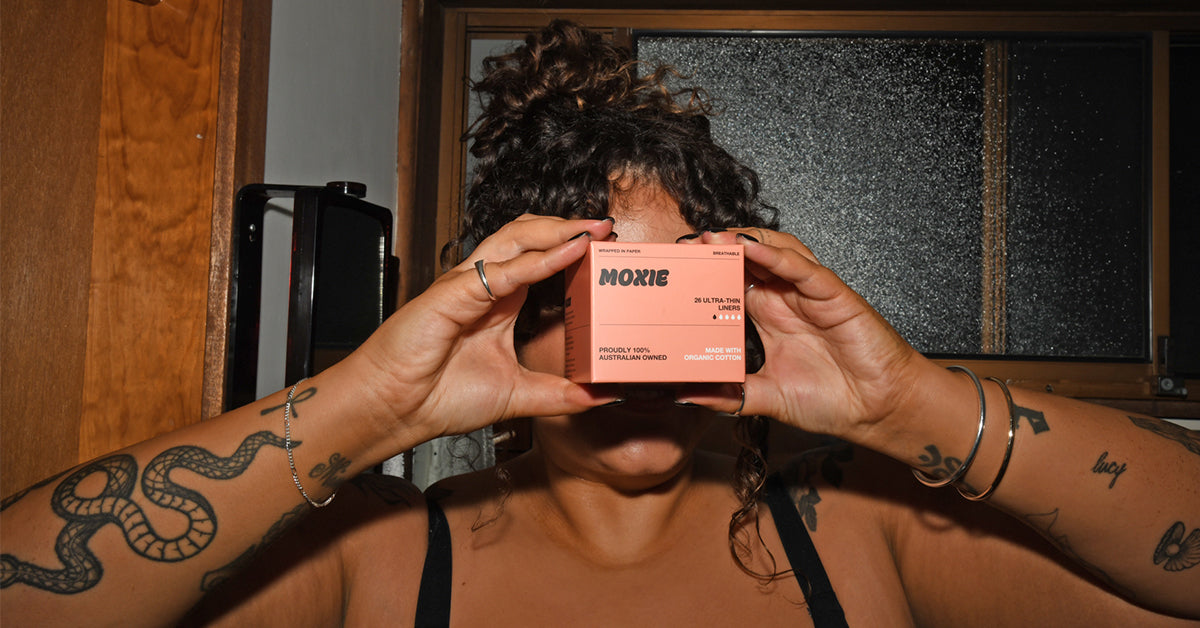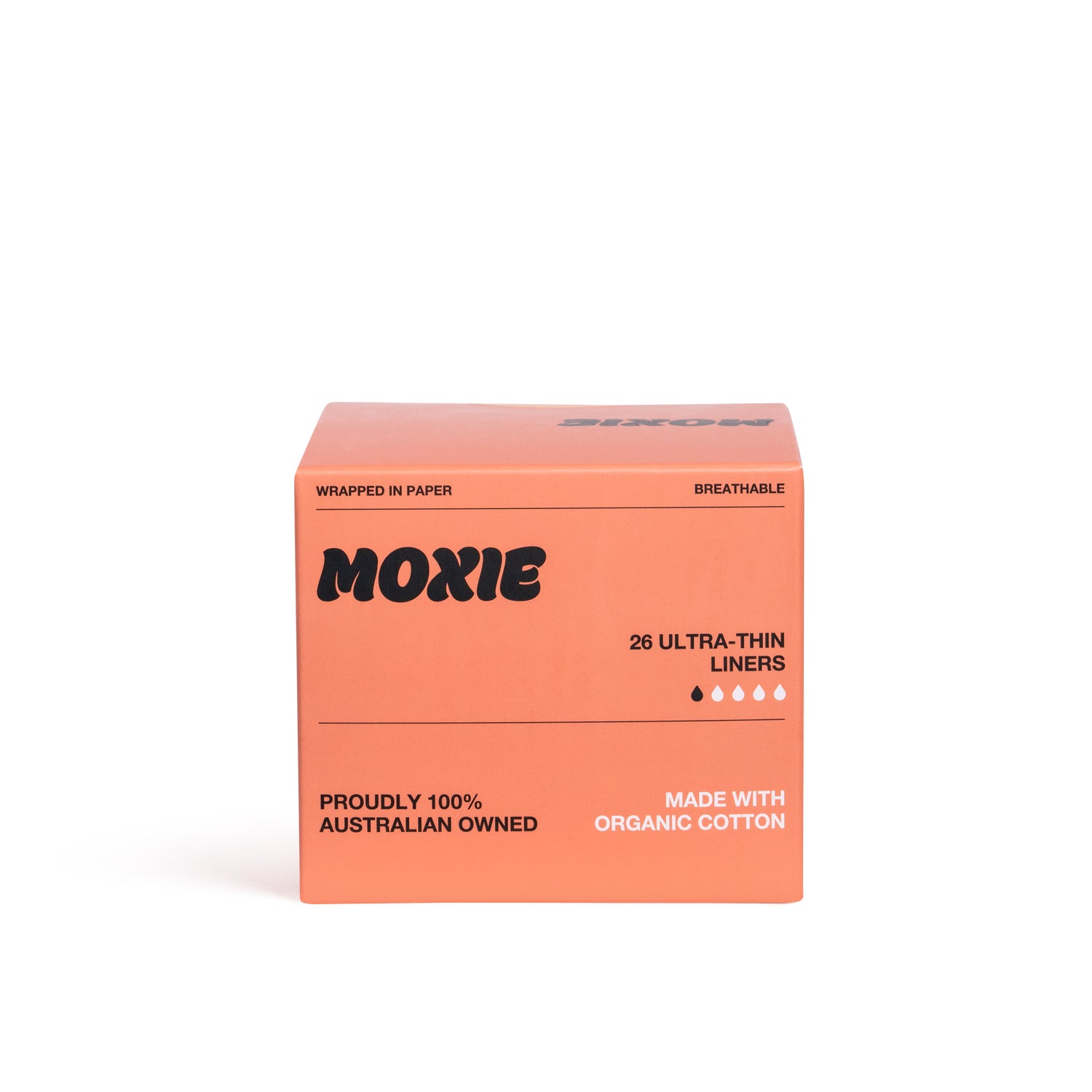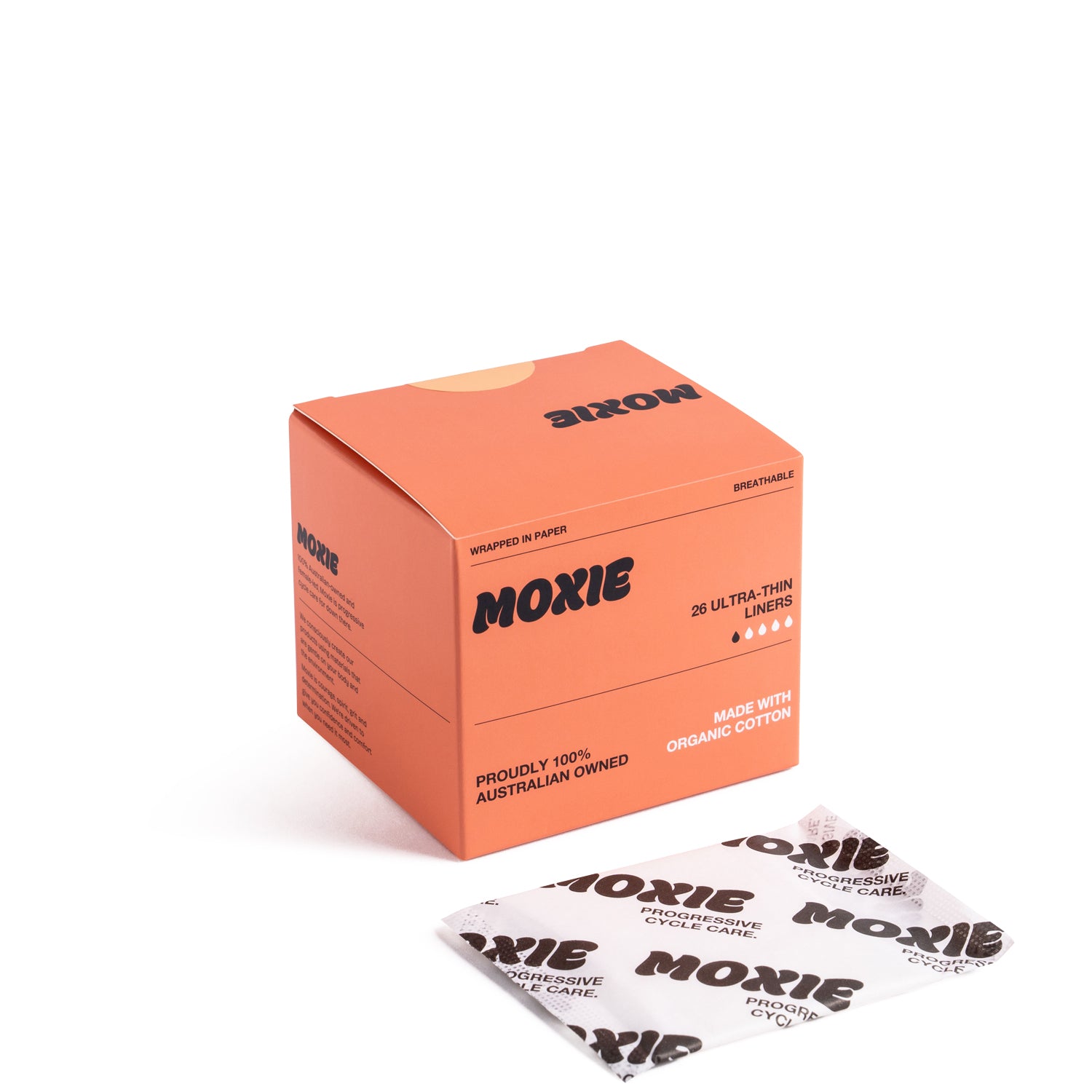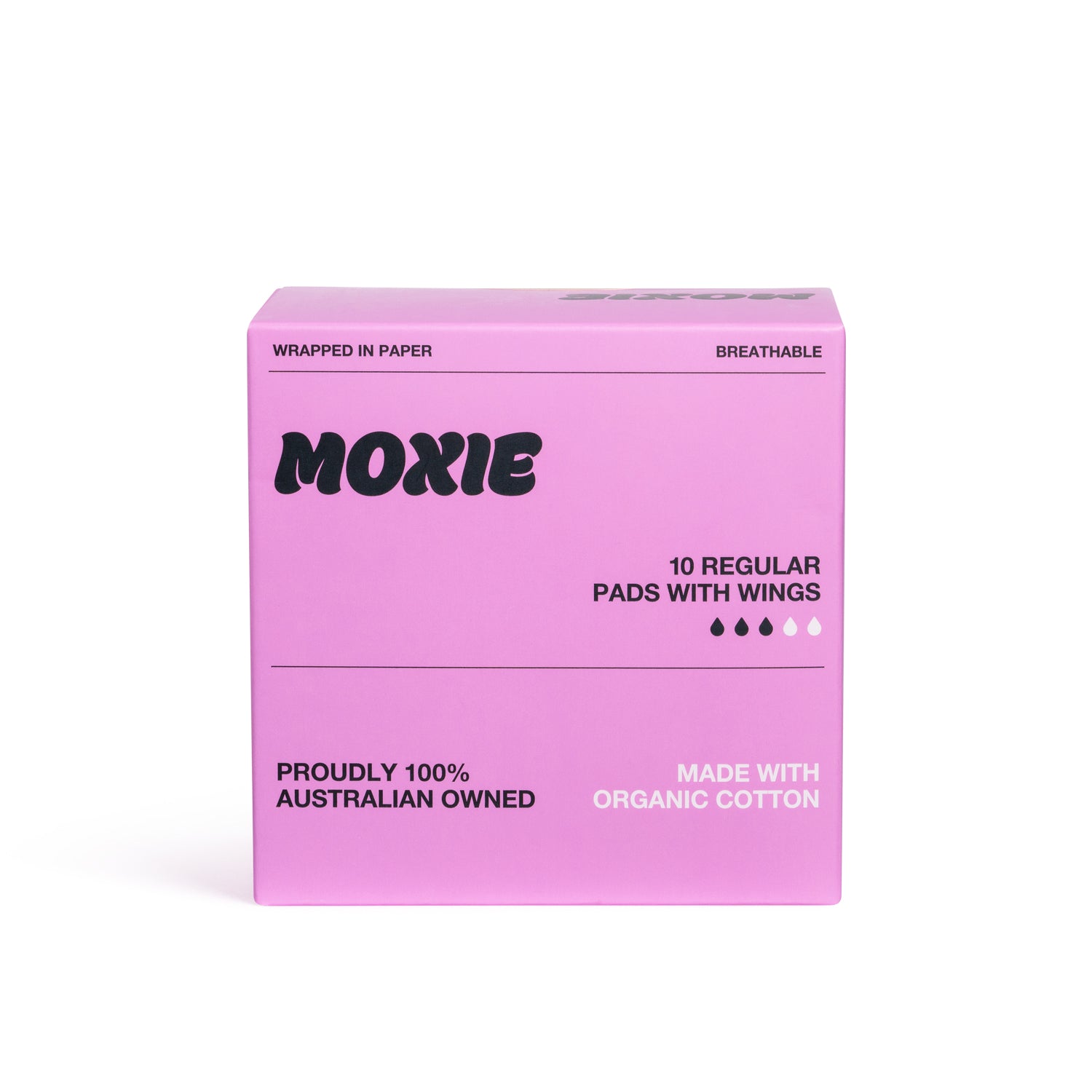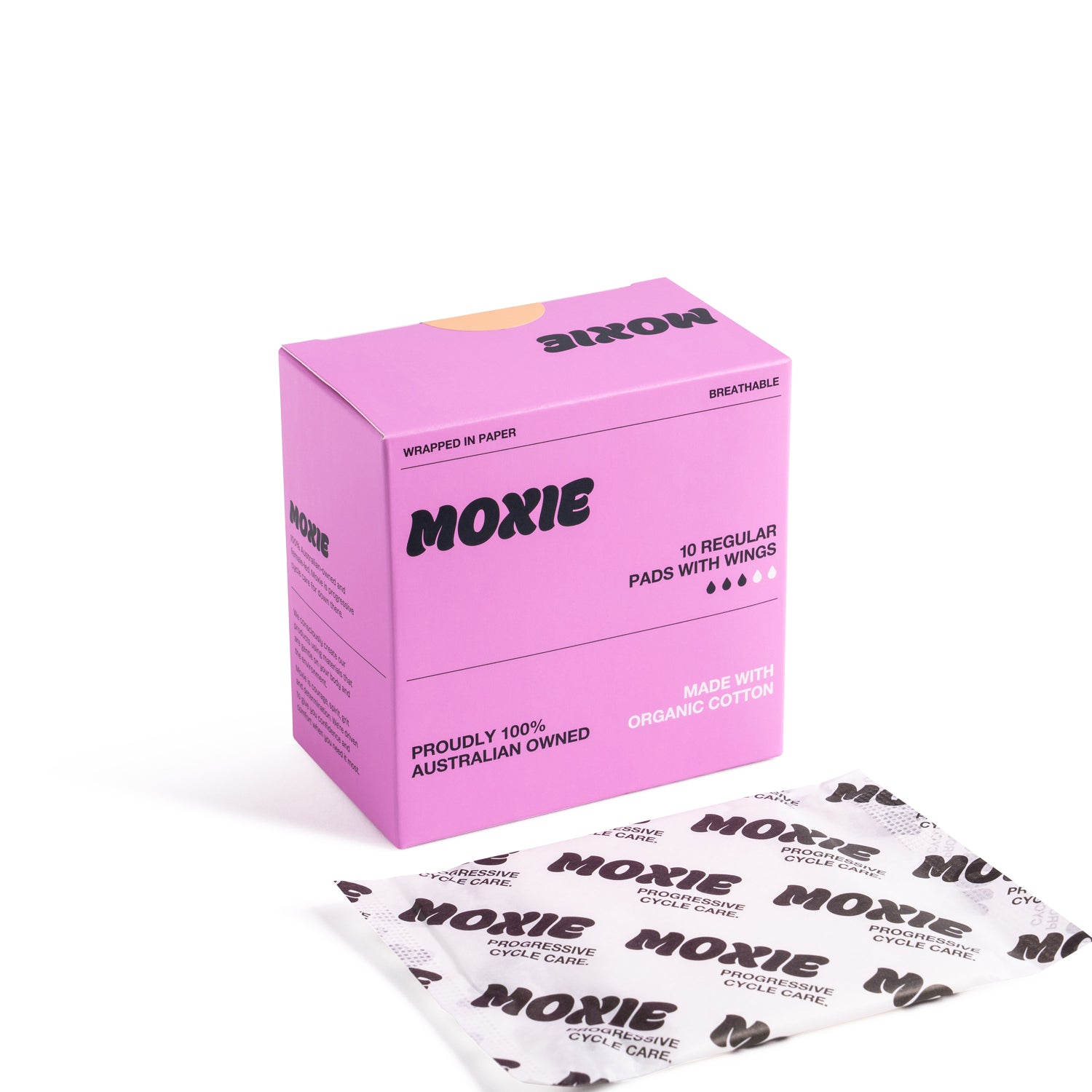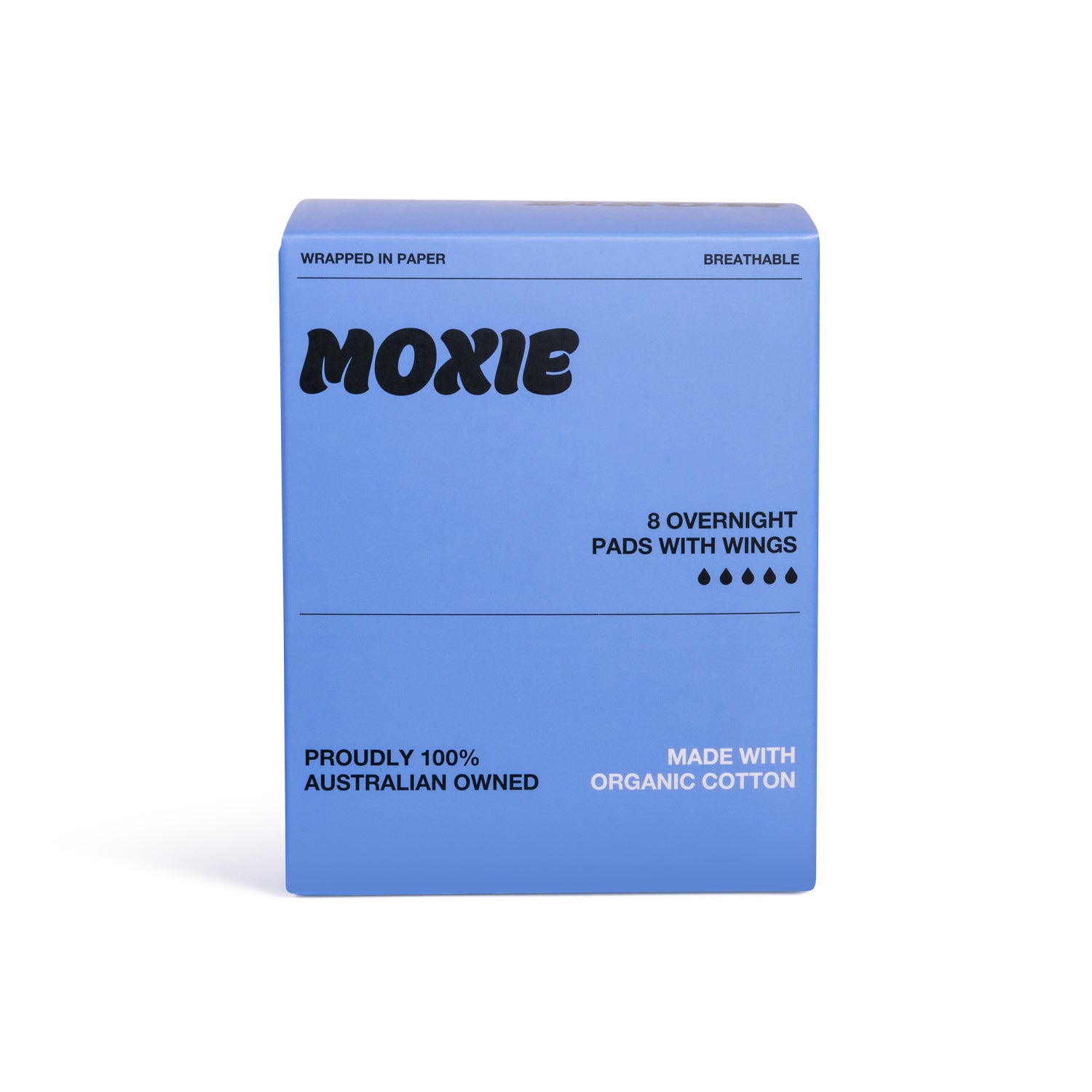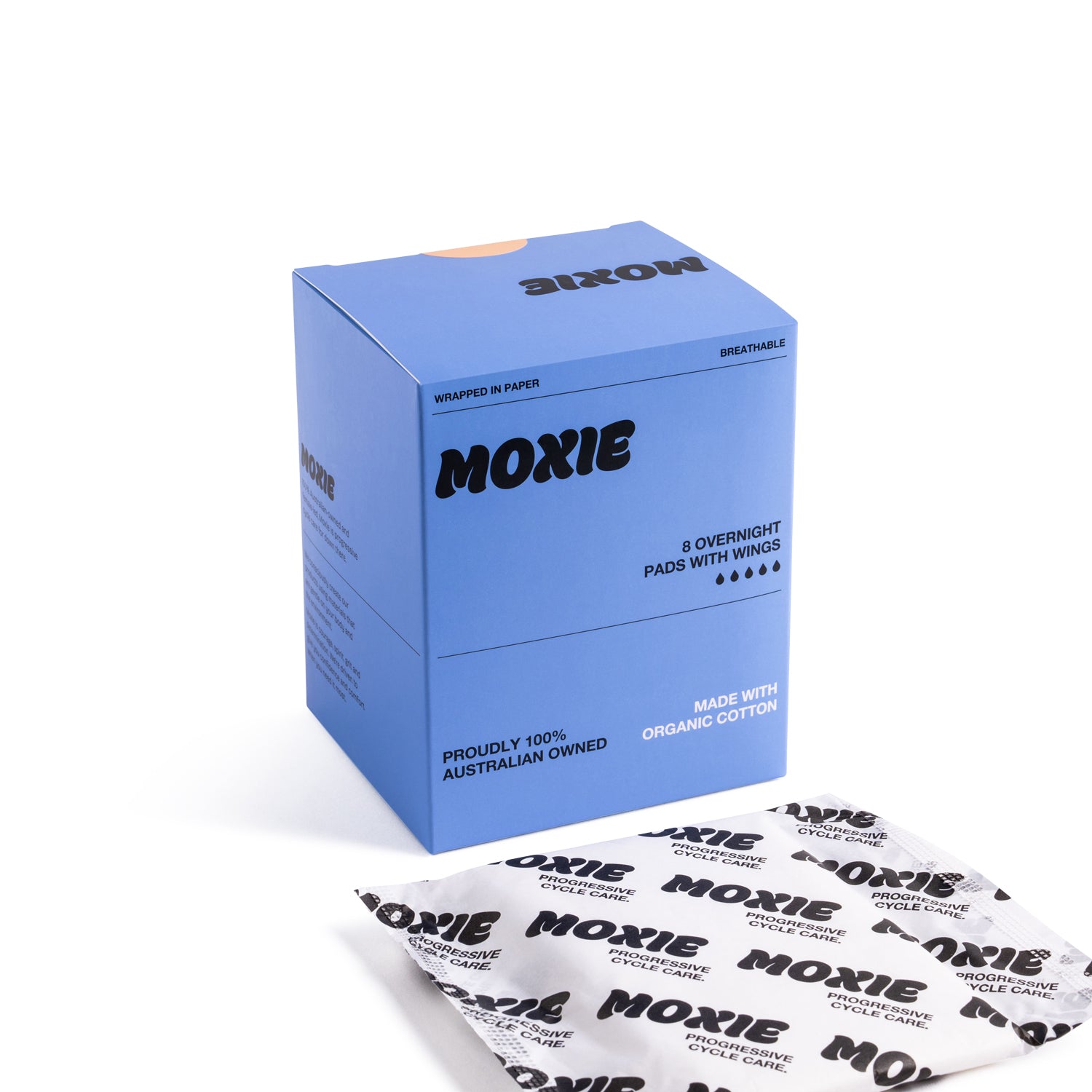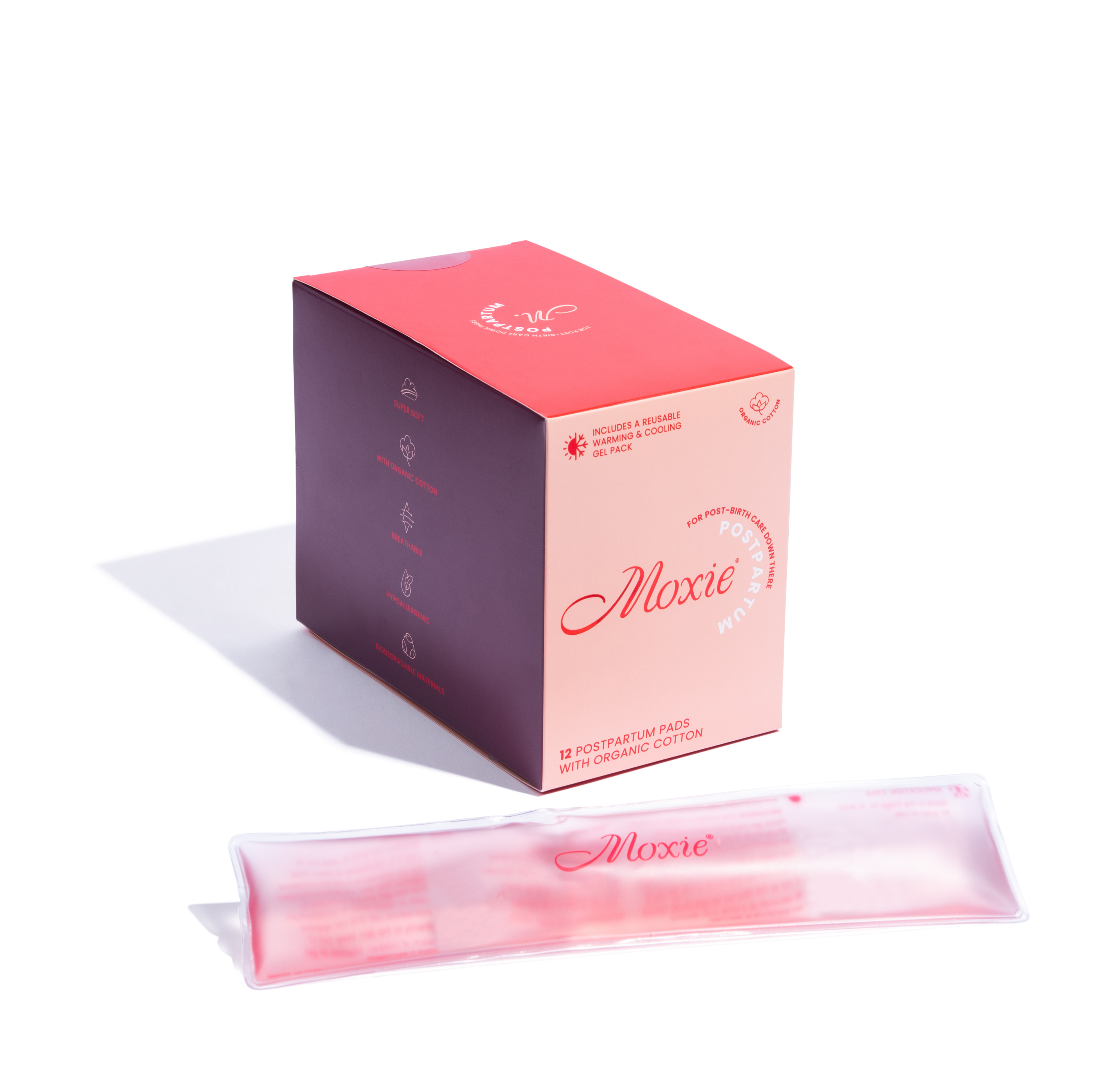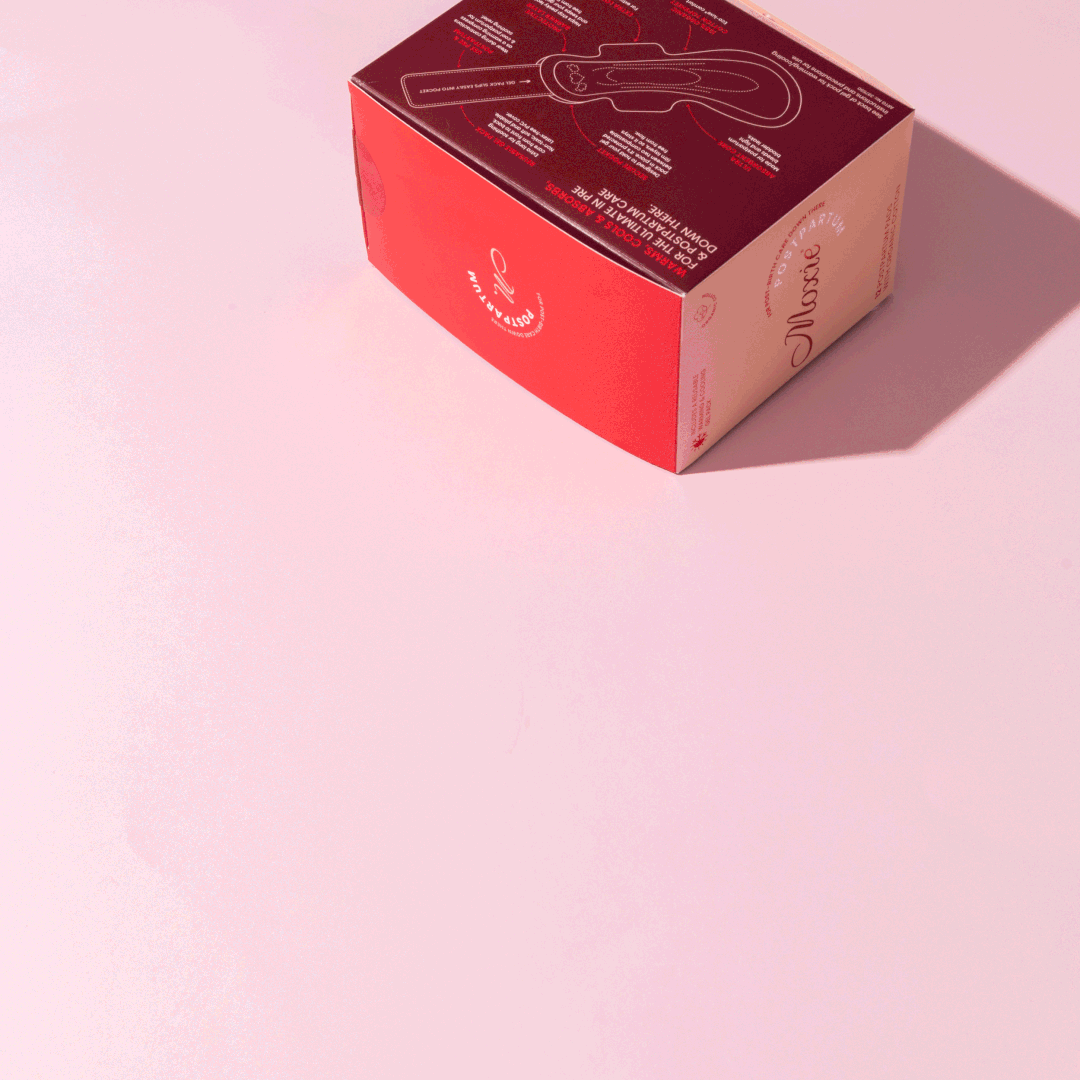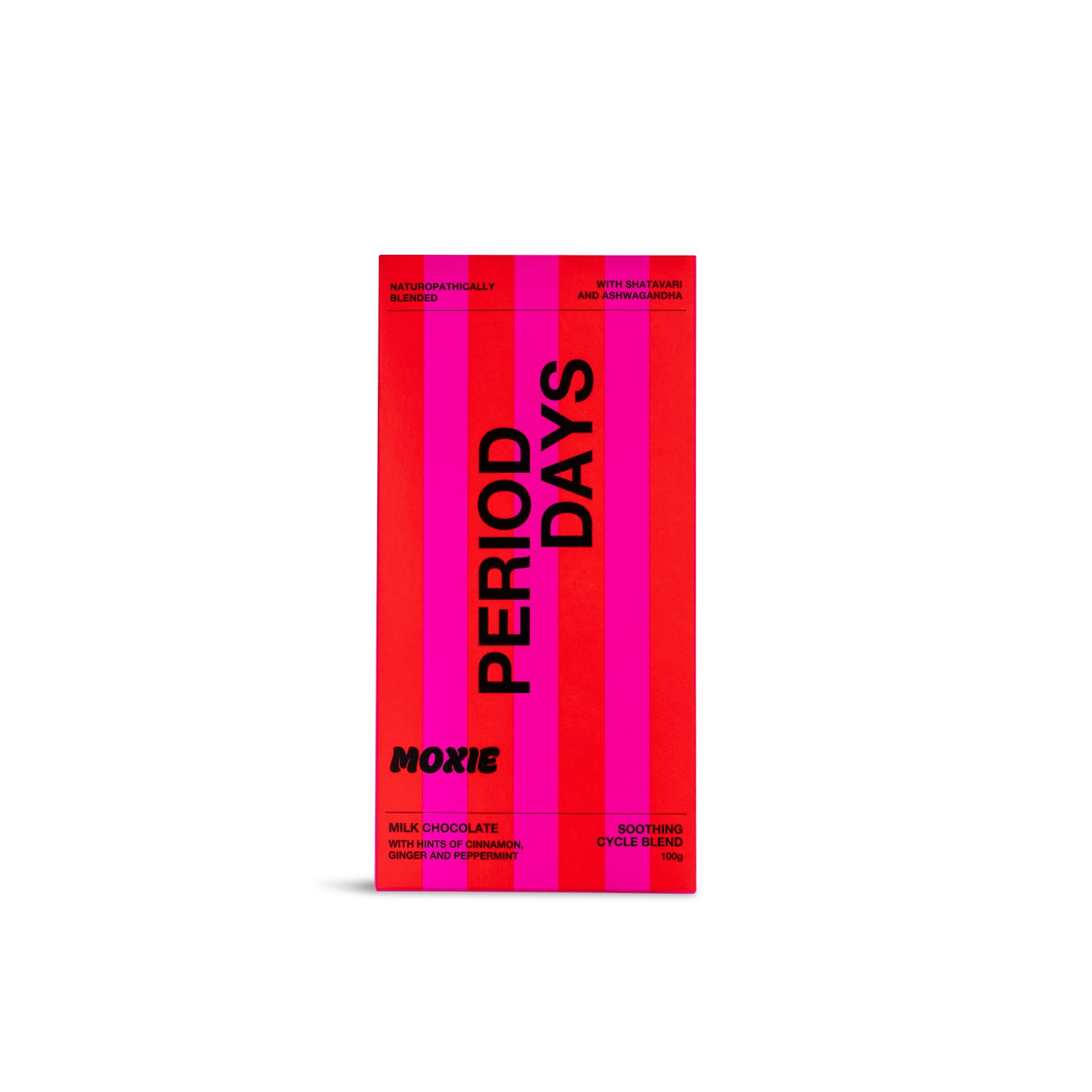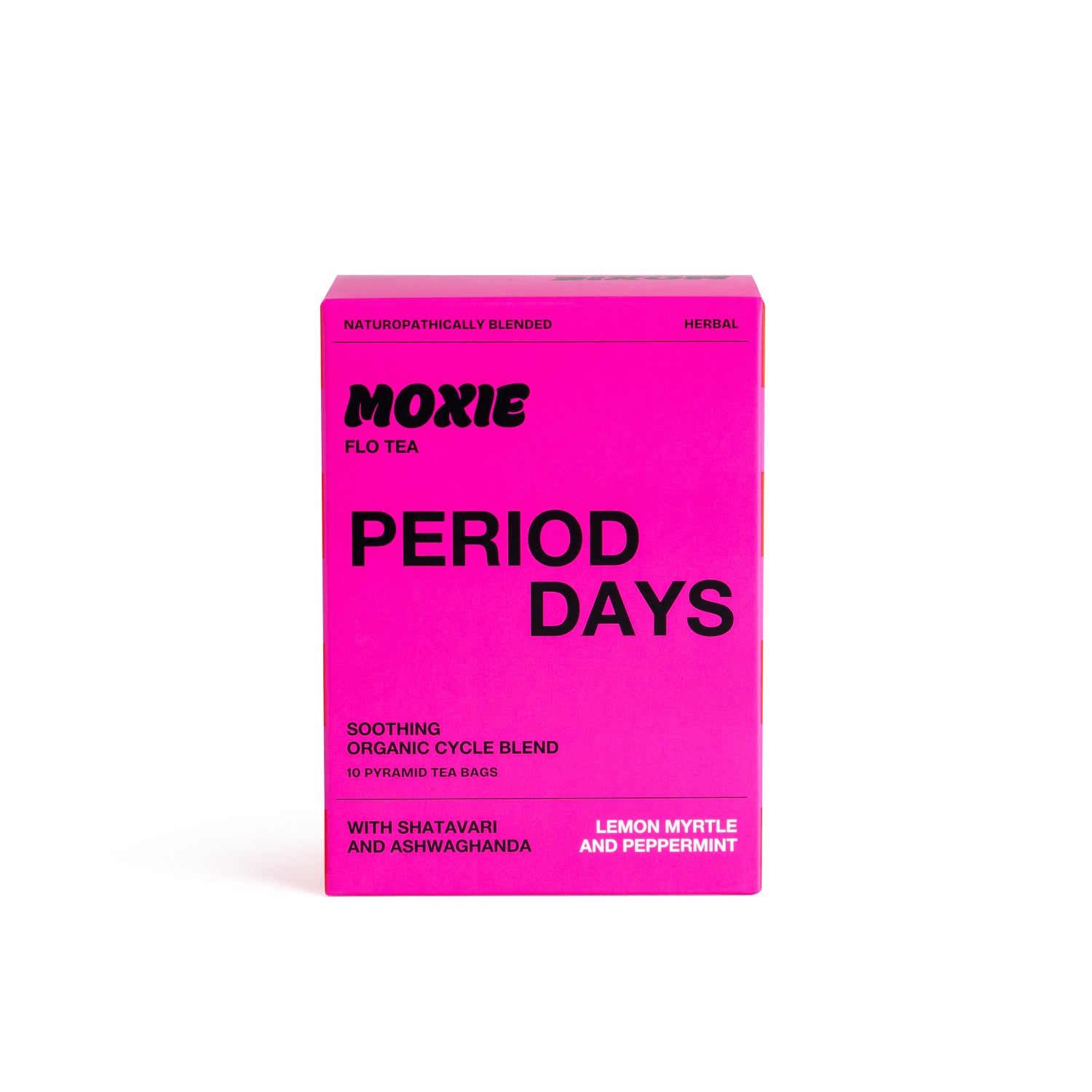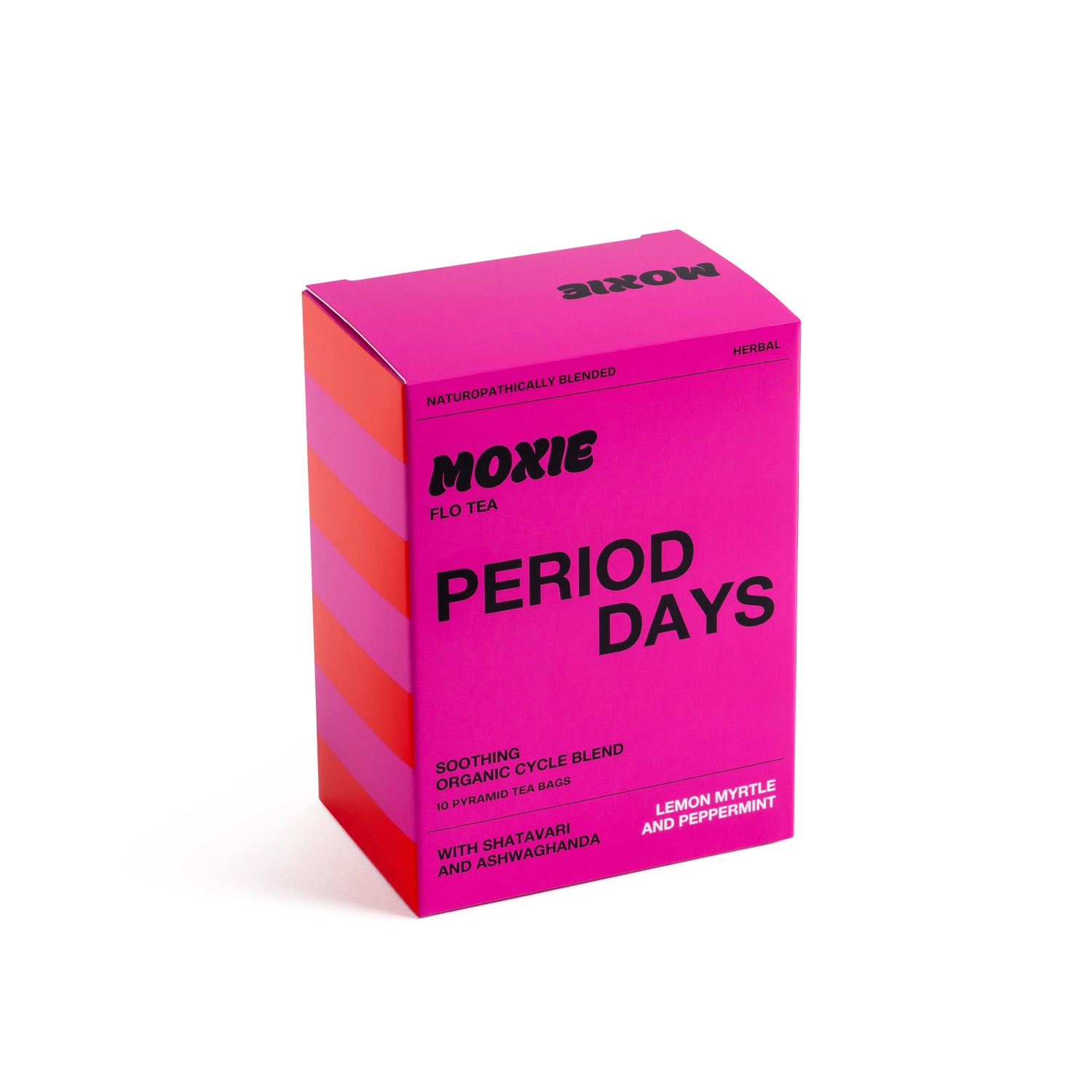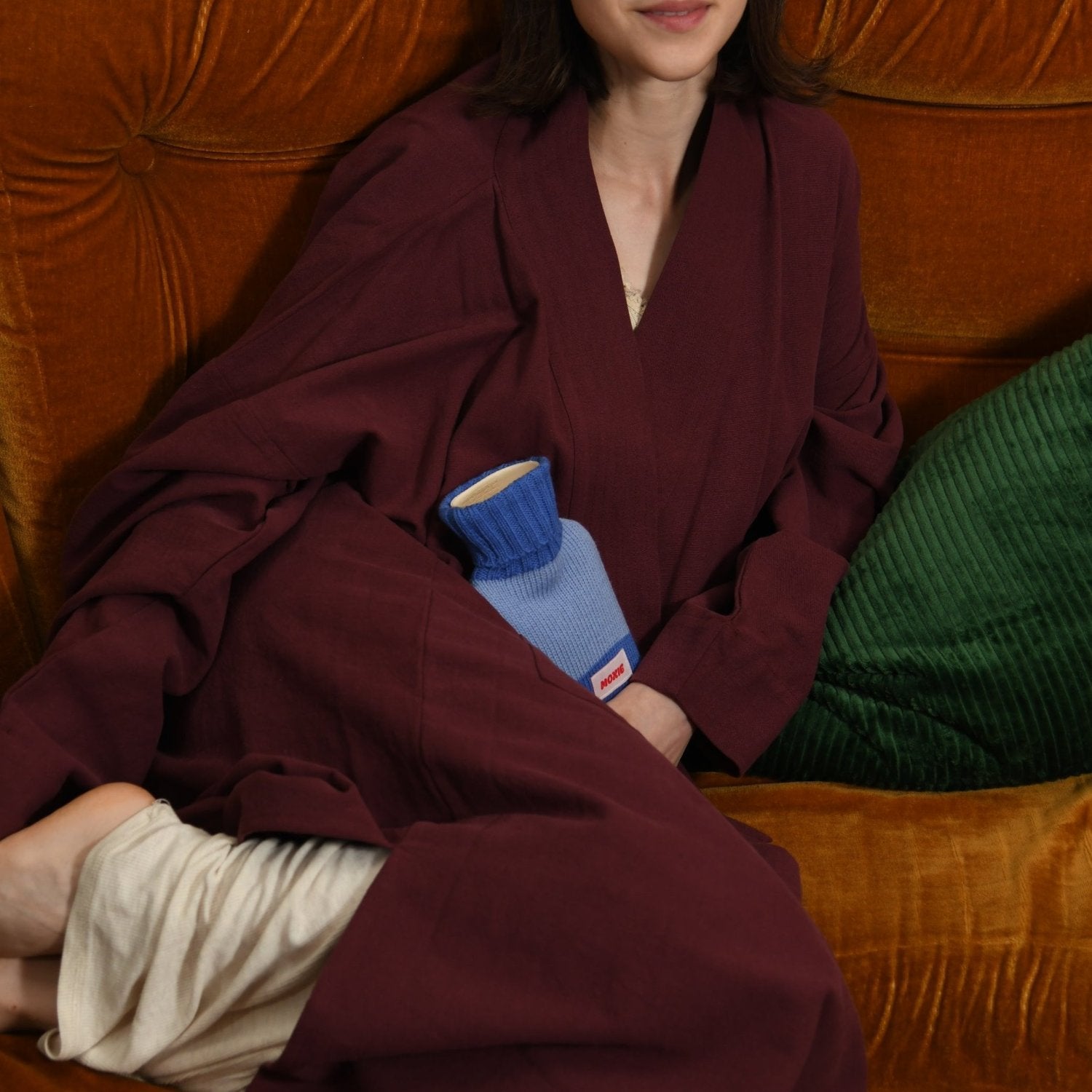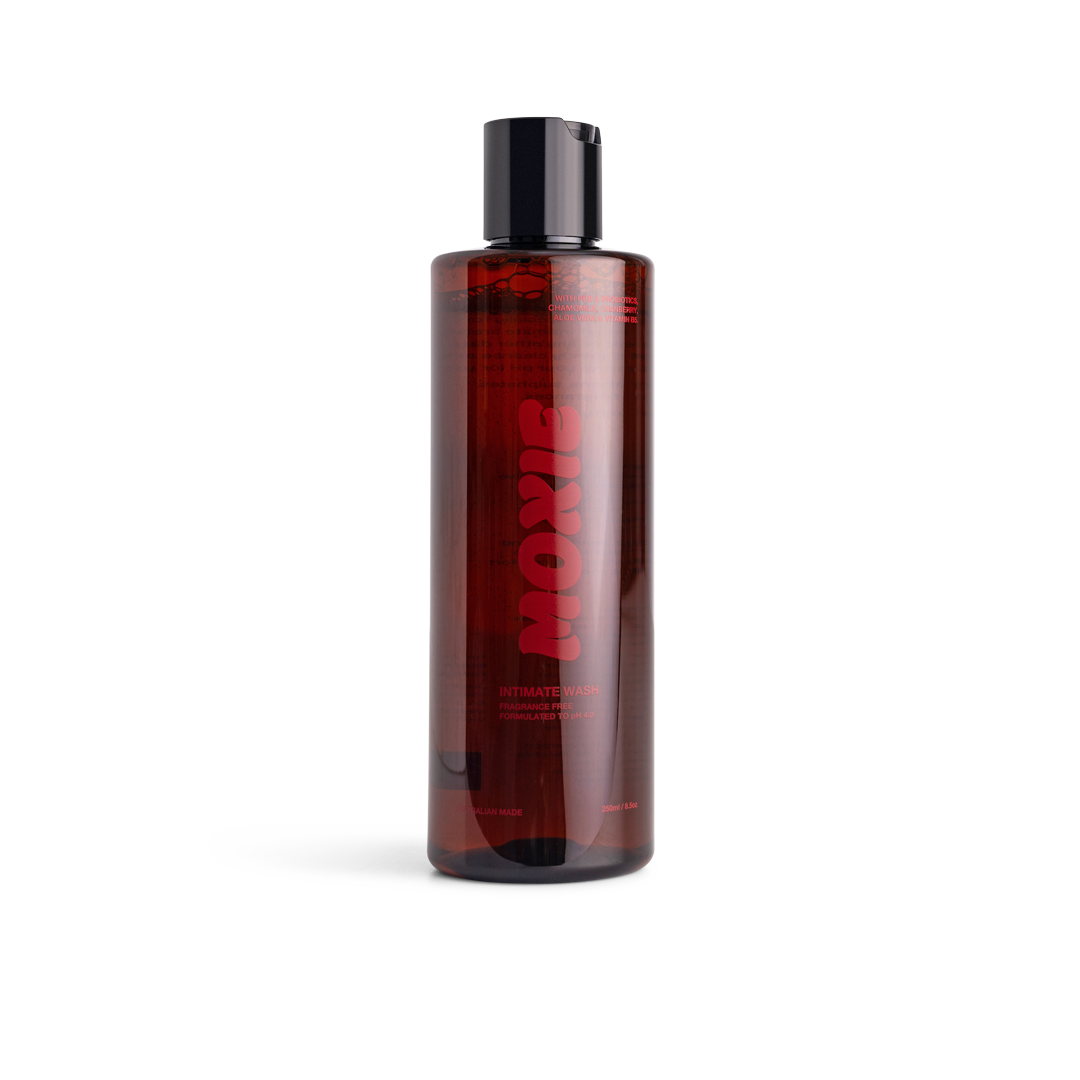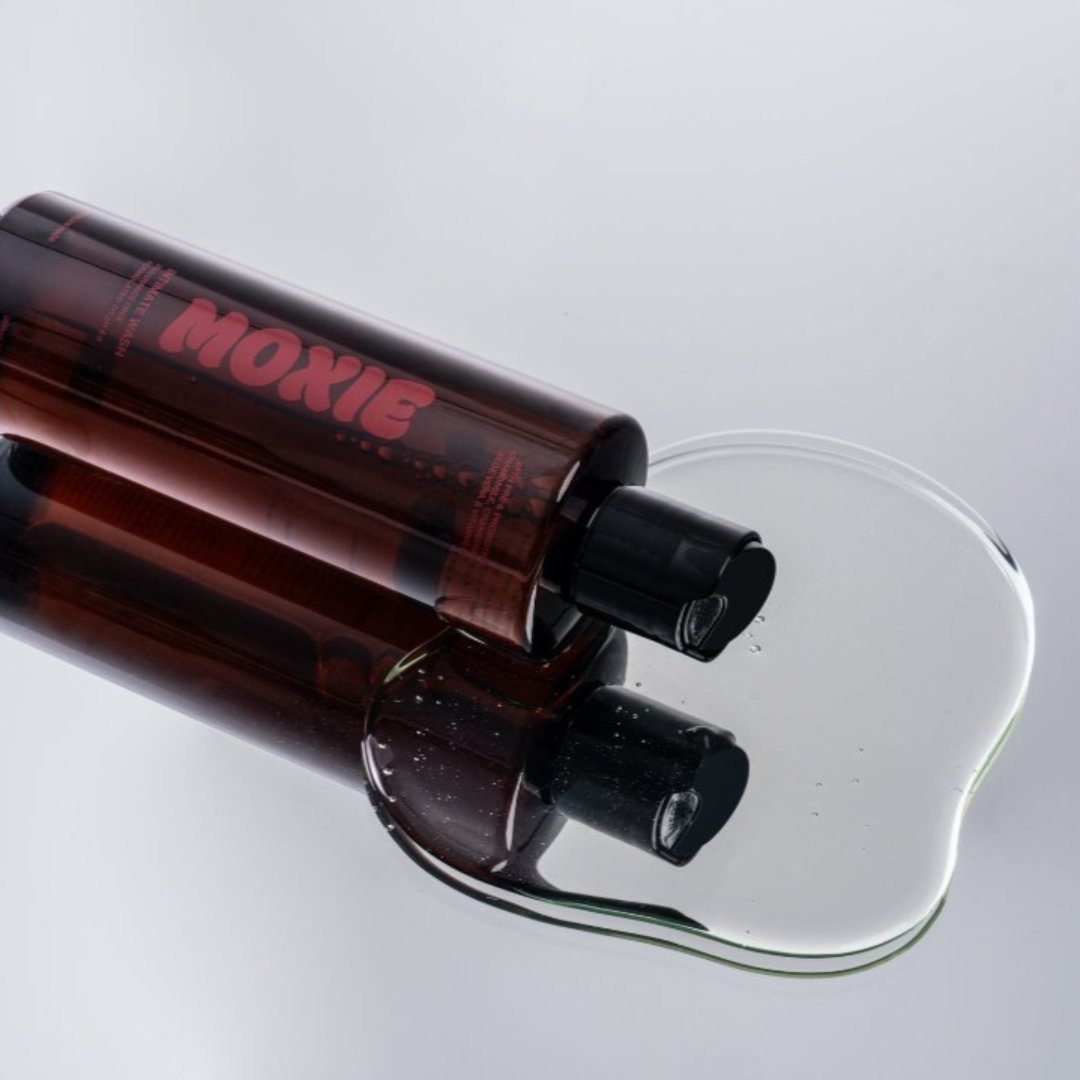REVIEWS
CYCLE CHAT WITH MISS MOXIE
WHAT ARE LINERS FOR
AND WHEN SHOULD YOU USE THEM?
Perfect for those light days before or after your period, as back-up when using a tampon or period cup, or for daily discharge. Miss Moxie explains more.
DAY vs NIGHT PADS
WHAT'S THE DIFFERENCE?
Daytime pads (a.ka. Regular pads) are typically thinner and shorter than an overnight pad, which are much longer, as they are designed to catch leaks whilst you're lying down. Moxie Regular and Overnight pads come with wings to help keep them in place, day or night. Miss Moxie compares the two.
FAQs
-
We recommend changing your pad around every 4 - 5 hours, or whenever it feels or looks 'full'. It really depends on your flow, but changing every few hours will help stop bacteria from breeding and things getting a bit smelly.
-
It's not recommended to wear a pad when swimming. It will just absorb water, become heavy and most likely not absorb any of your period flow. Stick to tampons or cups instead (where absorption/collection happens inside the body), or if you don't want to wear anything inside you, you could opt for period swimwear.
-
Yes - though uncommon, it is still possible, as Toxic Shock Syndrome (TSS) is caused by bacteria, not pads themselves. Whilst anyone is at risk of TSS, including men and children, it's most commonly associated with those who have periods and use tampons.
-
Pads made using organic cotton are breathable, hypoarllergenic, super soft and often favoured by those with sensitive skin. Organic cotton is grown without the use of pesticides and chemical fertilisers, reducing the likelihood of these allergens coming into contact with your body.
-
Our experts advise against scented pads. While some pads are scented to help mask odors, they may cause irritation or allergic reactions in sensitive people, so opting for fragrance-free options made with natural fibres (like organic cotton) are a better bet, we say.
-
Choose an extra long pad that's specific for overnight use and with a double set of wings to help keep them in place (like Moxie Overnight Pads). If you're a front sleeper, place it further towards the front of your undies to catch any front leaks, or if you're a back sleeper, more towards the back for the same reason.
-
We recommend changing your pad around every 4 - 5 hours, or whenever it feels or looks 'full'. It really depends on your flow, but changing every few hours will help stop bacteria from breeding and things getting a bit smelly.
-
Yes - though uncommon, it is still possible, as Toxic Shock Syndrome (TSS) is caused by bacteria, not pads themselves. Whilst anyone is at risk of TSS, including men and children, it's most commonly associated with those who have periods and use tampons.
-
Our experts advise against scented pads. While some pads are scented to help mask odors, they may cause irritation or allergic reactions in sensitive people, so opting for fragrance-free options made with natural fibres (like organic cotton) are a better bet, we say.
-
It's not recommended to wear a pad when swimming. It will just absorb water, become heavy and most likely not absorb any of your period flow. Stick to tampons or cups instead (where absorption/collection happens inside the body), or if you don't want to wear anything inside you, you could opt for period swimwear.
-
Pads made using organic cotton are breathable, hypoarllergenic, super soft and often favoured by those with sensitive skin. Organic cotton is grown without the use of pesticides and chemical fertilisers, reducing the likelihood of these allergens coming into contact with your body.
-
Choose an extra long pad that's specific for overnight use and with a double set of wings to help keep them in place (like Moxie Overnight Pads). If you're a front sleeper, place it further towards the front of your undies to catch any front leaks, or if you're a back sleeper, more towards the back for the same reason.
MORE CYCLE SUPPORT ON THE JOURNAL
-
Read more: 5 things you should see your gynaecologist about.
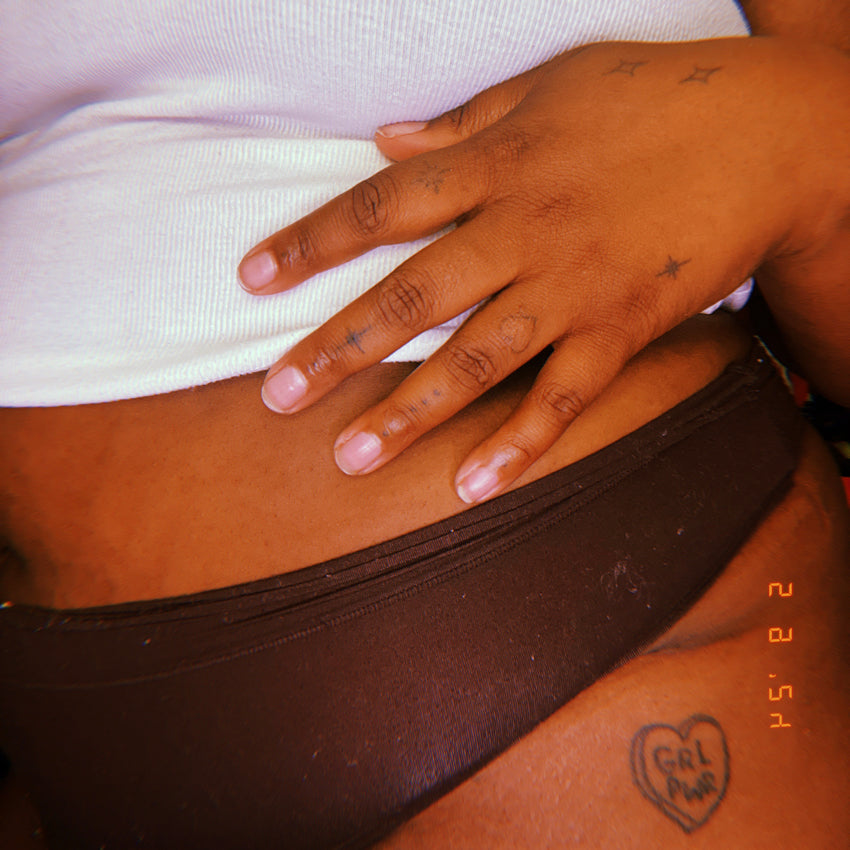
5 things you should see your gynaecologist about.
Figuring out when to see your gynaecologist can sometimes be confusing. Here are 5 important reasons you should consider making an appointment, along with why they matter and what to expect during your visit.Read more -
Read more: Do pads and tampons expire? Is organic better? We answer your most FAQs...
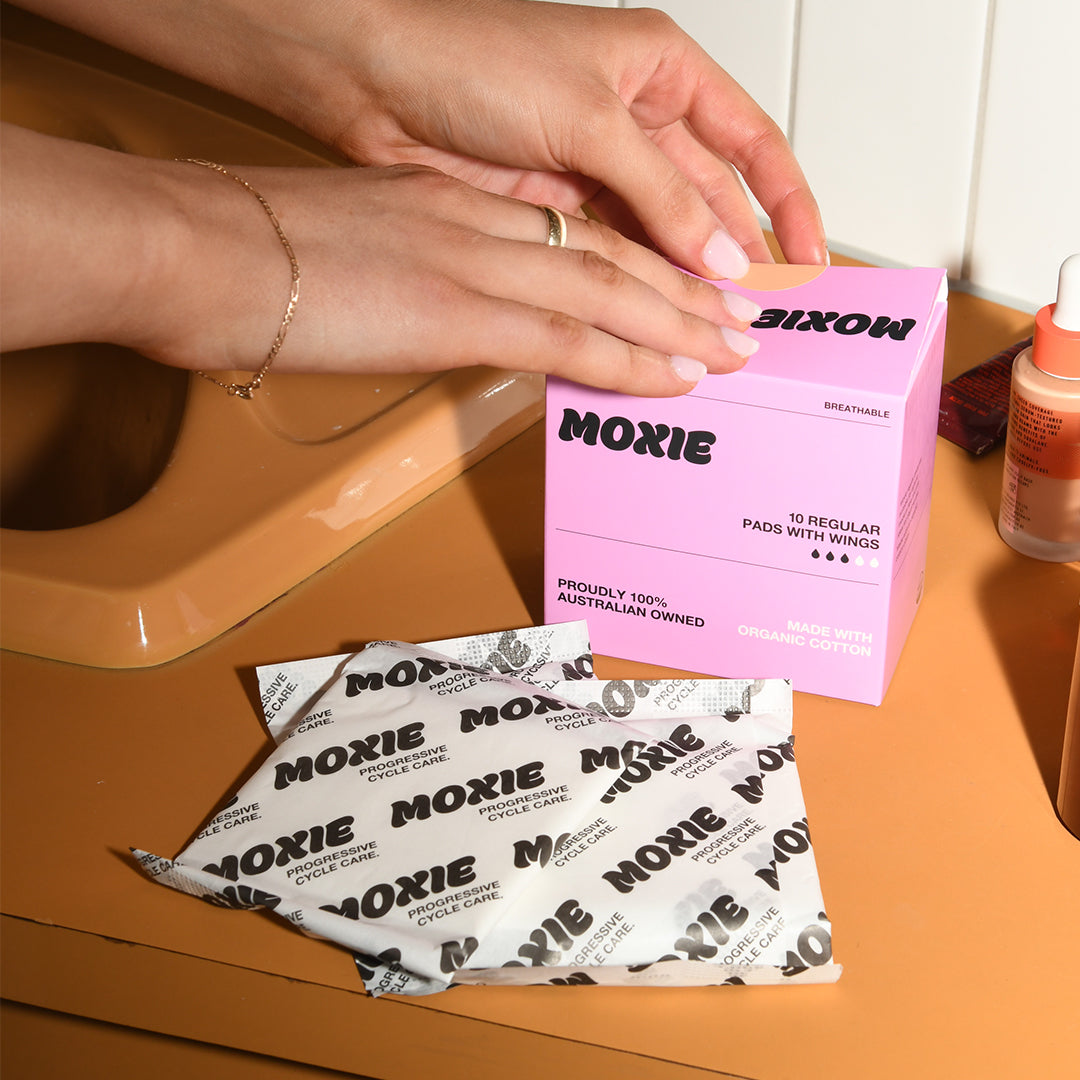
Do pads and tampons expire? Is organic better? We answer your most FAQs...
How should I store them? Can I swim in a pad? We answer your most FAQs about pads and tampons including these, and more...Read more -
Read more: 50 shades of... period blood (and what each of them mean).

50 shades of... period blood (and what each of them mean).
Period blood flows in various different shades - here's what they mean...Read more -
Read more: How seeing a sexologist led to my endo diagnosis.
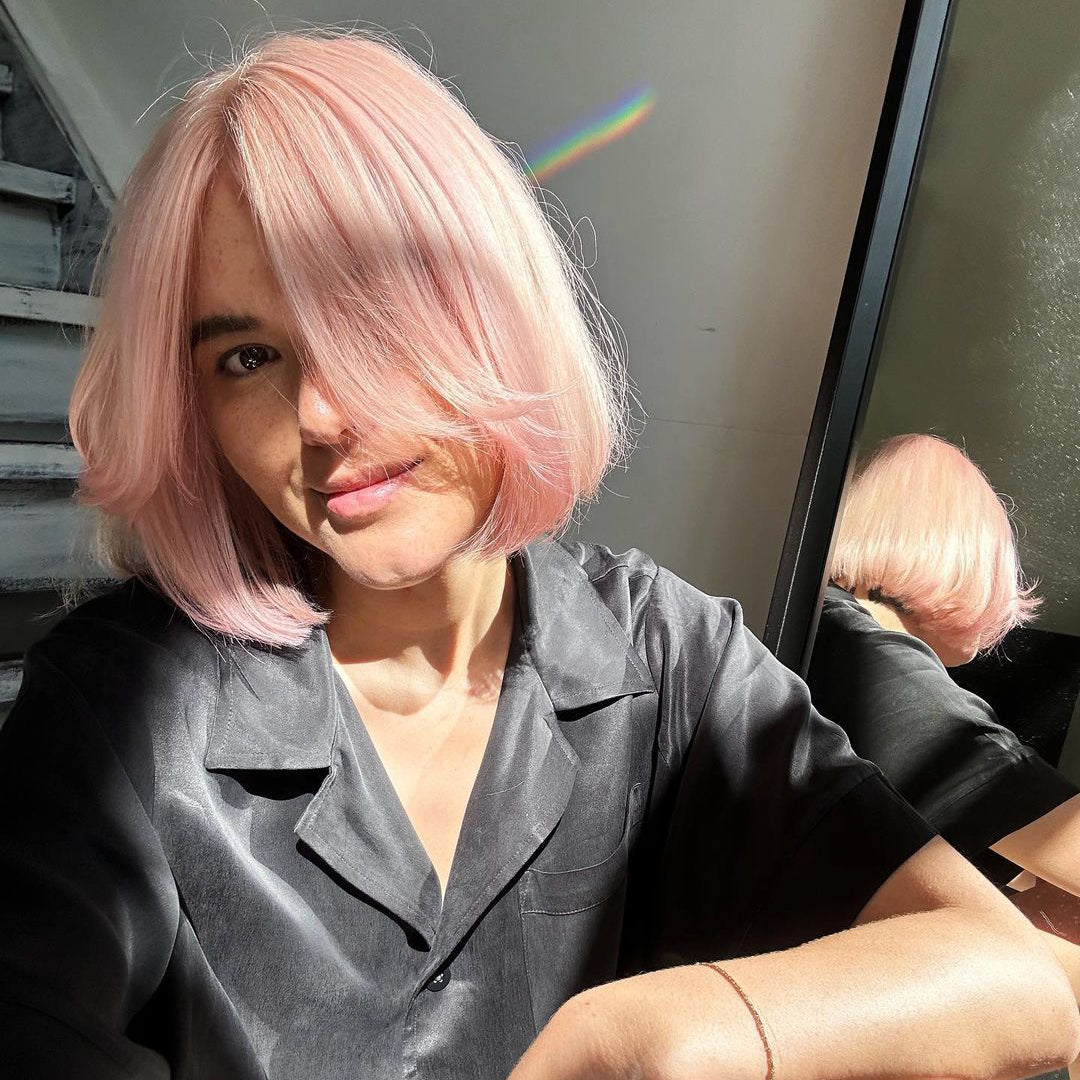
How seeing a sexologist led to my endo diagnosis.
One woman's journey from diagnosis, to laparoscopy, to now. A (very) personal account by Asheda Weekes.Read more
